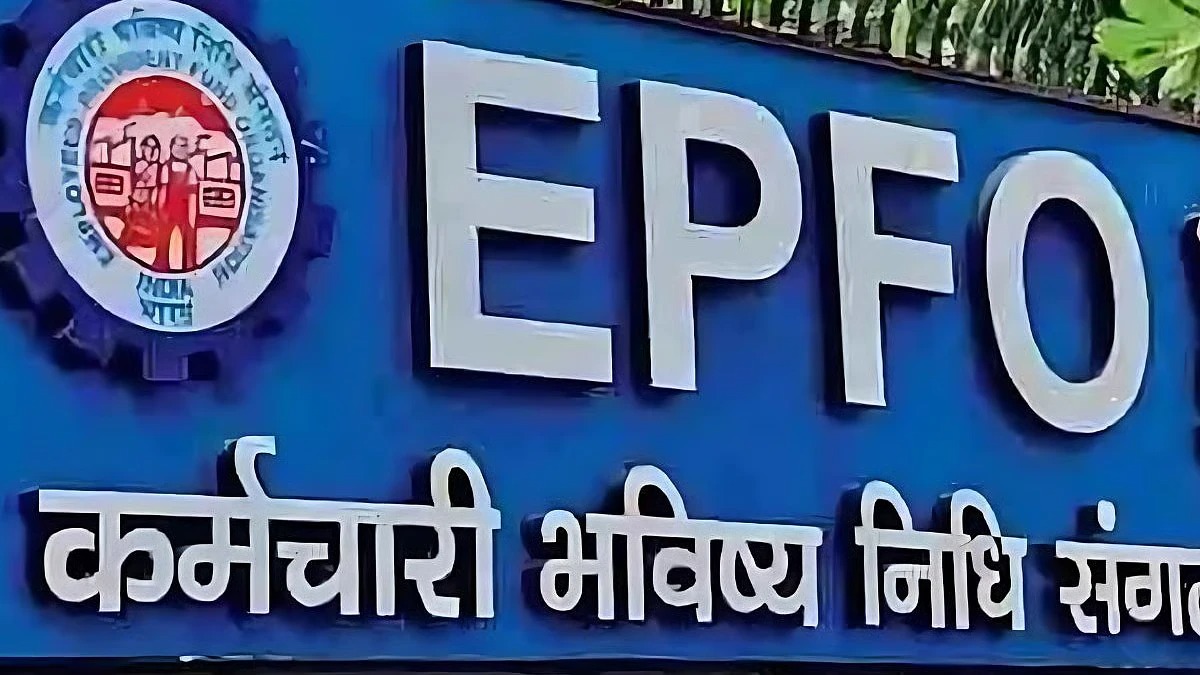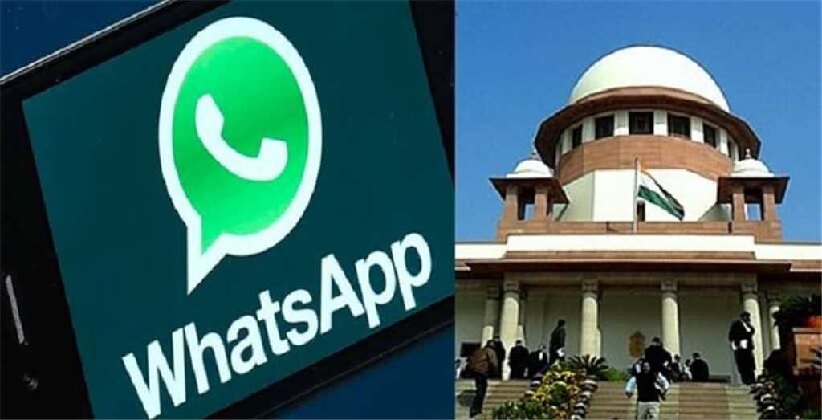S.P. Garg, J.
Crl. M.A. 19421 /2011 (U/S 5 of the Limitation Act)
There is a delay of 58 days in filing the appeal. The delay is accordingly condoned for the reasons as mentioned in the application. The application stands disposed of accordingly.
CRL.L.P.582/2011
1. The State has preferred the present petition for leave to appeal against the Judgment dated 19.07.2011 of learned Additional. Sessions Judge in Sessions Case No. 193/2009 by which the Respondents were acquitted of the charges for committing offences punishable u/s 498A/406/304B read with Section 34 IPC. The prosecution alleged that the marriage of the deceased (Gunjan) took place with Rakesh on 21.11.2008. After the marriage the Respondents treated her with cruelty for not bringing sufficient dowry. On 06.02.2009, she committed suicide in the matrimonial home. Manjeet Singh, Executive Magistrate, recorded the statements of her parents and brother, they levelled sweeping allegations of harassment and cruelty to the deceased on account of non-fulfilment of their dowry demands. He (PW-6), made an endorsement on the statement of Saraswati Devi (PW-1), deceased''s mother, and directed the concerned Station House Officer (SHO) to take necessary action, he registered a case u/s 304B/498/34 IPC on 06.02.2009. During the investigation, SI Munishi Singh (PW-13), on receipt of Daily Diary (DD) entry No. 21-A (Ex.PW3/C) recorded on 06.02.2009 at 3:15 P.M. reached the spot and summoned the crime team. Rakesh, Phool Singh and Bhagwan Singh, in-laws of the deceased, were arrested. Inspector Sukhdev Singh Meena recorded statements of the witnesses conversant with the facts and sent the body for post mortem examination. PW-12 (Dr. B.N. Mishra) conducted the post-mortem. The accused Chanderkanta and Anita were arrested subsequently. After completion of the investigation, the police filed a charge-sheet against the accused for committing the offences. They were duly charge-sheeted and brought to trial. To prove the charge, the prosecution examined fourteen witnesses. In their statements u/s 313 Cr.P.C. the accused denied their involvement in the crime and pleaded false implication.
2. After appreciation of the evidence on record and considering the rival submissions of the parties, the Trial Court acquitted the accused. Aggrieved with the said orders, the State has sought leave to appeal against the acquittal.
3. Learned APP argued that the Trial Court did not appreciate the evidence of the parents and brother of the deceased in true and proper perspective. They levelled specific allegations against the accused for harassing the deceased on account of dowry demands. The accused treated the victim with cruelty in order to coerce her to bring dowry. Close relationship is not a factor to reject the otherwise credible testimonies of these witnesses who had no ulterior motive to falsely implicate the accused. The death of the accused, urged the APP, occurred within three months from the date of her marriage in the matrimonial home. The accused used to demand motor-cycle, cash, heavy jewellery etc. and when the deceased''s parents could not fulfil these demands, they subjected her with cruelty. Non-examination of independent public witnesses is inconsequential as disclosure of demands for dowry would normally be made only to the near and dear ones and hence their testimonies cannot be doubted/rejected. He further contended that no lady would commit suicide within a few months of her marriage unless she subjected to serious mental and physical torture. All the ingredients of Section 304B IPC were attracted.
4. We have considered the submissions of the learned APP and have scrutinised the Trial Court records. Before entering into the merits of the case, it is desirable to highlight that Gunjan was married to Rakesh on 22.11.2008. It is not in dispute that she committed suicide by hanging in the matrimonial home on 06.02.2009. Her death occurred otherwise than under natural circumstances within seven years of her marriage.
5. The onus lay on the prosecution to establish beyond doubt that the deceased was subjected to matrimonial cruelty or harassment for or in connection with the demand of dowry ''soon'' before her death. Admittedly, till the unfortunate incident, no complaint was ever lodged by the deceased or her close relatives against any of the accused for demanding dowry or harassing her on that account. She was never maltreated physically and no medical examination was ever conducted to ascertain such physical torture. No Panchayat was ever held to resolve the differences or dispute (if any). Rakesh, who resided in the neighbourhood of the deceased''s parents was the mediator in the marriage. Though the prosecution witnesses in their statements before the Court stated that they had complained to him about the conduct and behaviour of the accused persons, yet, he (Rakesh) was never examined by the police during investigation. He was also not cited as a witness. Adverse inference is to be drawn against the prosecution for withholding this material witness. Within the span of three months of marriage, the accused had taken the deceased to her parents home many a times. No quarrel took place on account of dowry demands at the parental house of the deceased. What emerges from the evidence is that the deceased was admitted to BA (Final Year) from Delhi University by the accused (Rakesh). PW-1 (Saraswati Devi) admitted that he (Rakesh) had gifted a mobile phone to the deceased. He had also opened a saving bank account in Union Bank of India, Samalkha Branch, in January 2009 and had deposited a sum of Rs. 1,000/- in her name in the account No. 378502010411798. Whenever the accused visited the parents home of the deceased, he took her there in his Indica car. It is also not in dispute that there was no demand of dowry at the time of settlement of the marriage.
6. The deceased used to converse with her parents and other family members on phone. However, no call details were collected during investigation to establish to whom the calls were made on the day of the incident. PW-14 (Inspector Sukhdev Meena) admitted in the cross-examination that the accused had insisted that he should interrogate the persons with whom the deceased had conversed that day. Despite recording the statements of those individuals, for the reasons known to the I.O, he did not place the materials on record. In their statements u/s 313 Cr.P.C. the accused raised a specific plea that the deceased had an affair with one Vijay and had a long conversation from mobile No. 9268070734 to 9250071616 soon before her death. These call details could have given positive clues. Failure of the I.O to investigate the matter thoroughly makes prosecution version suspect. This Court reiterates that the role of the police is not merely to collect evidence which implicates to a particular suspect but explore and analyse all the materials which come to light during investigation. Unlike a party to a private litigation, the State is not partisan; the police, its agency, and the prosecutor, its representatives have to be fair, and advance the cause of justice, which ultimately has to prevail, irrespective of whether the material advances its hypothesis or exonerates an accused.
7. The witnesses did not give specific dates when any specific dowry article was demanded by any particular accused. Allegations levelled by them are vague and general in nature. There is no direct, clinching and legal evidence against them in respect of cruelty u/s 498A. The Trial Court detailed various inconsistencies, improvements and contradictions in the testimonies of prosecution witnesses to discard their version on this aspect. PW-1 (Saraswati Devi) in the statement (Ex.PW1/A) levelled allegations of taunts to the deceased on account of dowry demands and demand of motorcycle (against Chanderkanta and Anita). Contrary to that, Mahender Singh (PW-2), deceased''s father, in the statement (Ex.PW2/B) did not level any allegations of dowry demands against any accused and suspected them to be responsible for her death. PW-4 (Gaurav Kumar), deceased''s brother, merely stated that the accused used to taunt her for not brining a motorcycle. In their depositions before the court, these witnesses made vital improvements. PW-1 (Saraswati Devi) alleged a demand of heavy jewellery articles, and Rs. 51,000/- cash. PW-2 (Mahender Kumar) spoke the demand of expenses incurred by the accused in the marriage for arranging elephants, bus and photographer. PW-4 (Gaurav) came up with the plea that they used to ill-treat the deceased on account of inadequate dowry i.e. jewellary, clothes, motorcycle and other items. On 15.02.2009 the deceased informed him on telephone about a demand of Rs. 50,000/- by the accused. All these facts did not find mention in the statements made to the SDM or the police.
8. The deceased wore gold ornaments at the time of suicide. She stayed with her parents in their home for about a week and neither the deceased nor they had any complaints at that time. The next day i.e. on 06.02.2009 she took the extreme step. Nothing has emerged from the evidence about what forced her to end her life that day in the absence of physical torture or beatings to her. Her long conversation with the relatives on that day shows that she was not having any apprehension or danger to her life on account of non-fulfilment of the dowry demands.
9. The evidence led in this case is lacking in details about the cruel treatment meted out to the deceased by the accused in connection with the dowry demands. Nothing has emerged that there were persistent and unabated dowry demands and she was physically or mentally tortured on her failure to fulfil them. So far as allegations against the respondents were concerned, these were omnibus in nature and had been made without any specific instances in order to involve the entire family and that too after the death of the deceased
10. The standards to be applied by the High Court while considering an appeal against acquittal is one where the prosecution establishes substantial and compelling reasons, which by and large are confined to serious or grave mis-appreciation of evidence, wrong application of law and an approach which would lead to complete miscarriage of justice. In the present case, the Trial Court listed various grounds on which it acquitted the respondents/accused. All of them, to our mind, are reasonable and none of them can be termed as misapplication of law or wrongful appreciation of the evidence placed before the Court by the prosecution.
11. Appeal against the acquittal is considered on slightly different parameters compared to an ordinary appeal preferred to this Court. When an accused is acquitted of a criminal charge, a right vests in him to be a free citizen and this Court is cautious in taking away that right. The presumption of innocence of the accused is further strengthened by his acquittal after a full trial, which assumes importance in our jurisprudence. The Courts have held that if two views are possible on the evidence adduced in the case, then the one favourable to the accused, should be adopted.
12. In the light of above discussion, we approve the findings of the Trial Court and find that the prosecution failed to prove circumstances beyond reasonable doubt.
13. Considering all the facts and the circumstances of the case, we find no infirmity in the impugned judgment. The appeal is unmerited and is consequently dismissed. Trial Court record be sent back forthwith.

